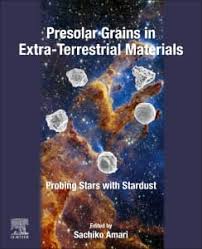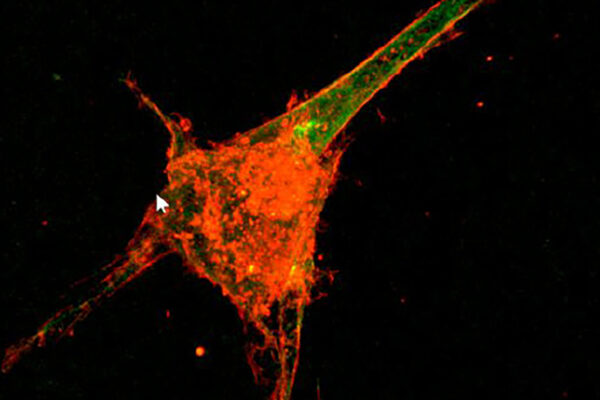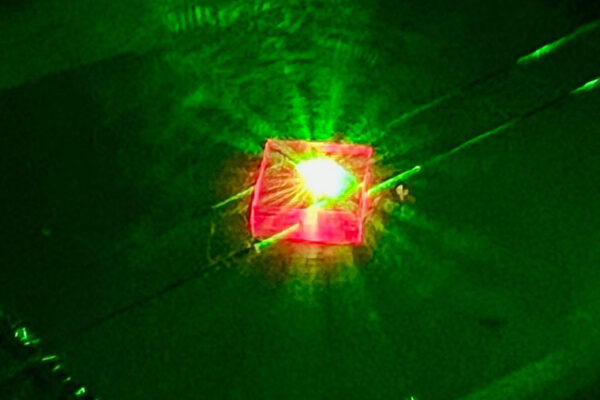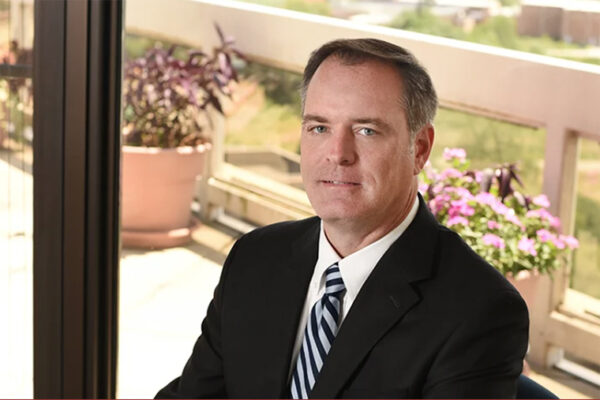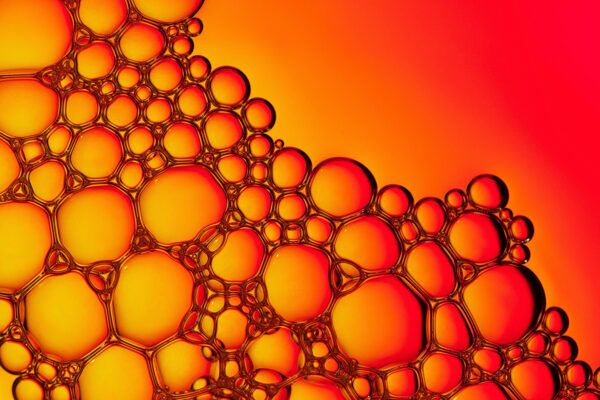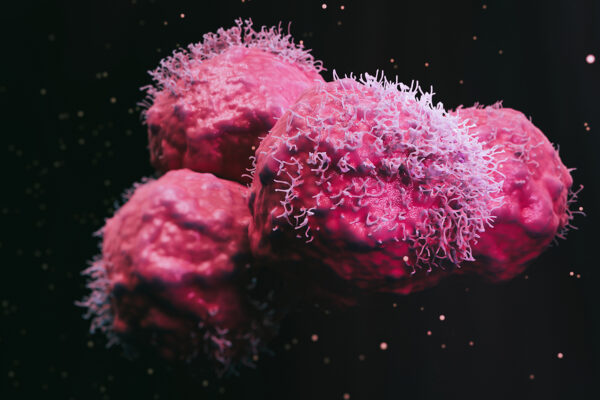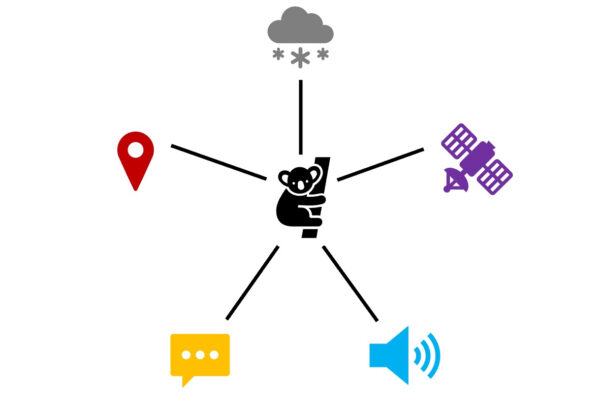Presolar Grains in Extra-Terrestrial Materials
Probing Stars with Stardust
Providing a cohesive overview of the latest research on presolar grains and their stellar sources, this book brings researchers in cosmochemistry, astrophysics and astronomy up to speed on state-of-the-art developments, analysis and future implications. The book begins with a historical perspective on the study of presolar grains, then reviews the properties and features of a […]
How Alexa is listening
Umar Iqbal, a computer security expert from Washington University, explains how smart speakers process user data.
The right moves to rein in fibrosis
Biomedical researchers at Washington University have decoded how mechanical forces drive cell behavior in fibrosis.
Crystallizing time
Physicists in Arts & Sciences have created a new phase of matter in the center of a diamond. They created a new form of time crystal called a discrete-time quasicrystal. Such states could be useful for high-precision sensing and advanced signal processing.
Decades-long quest leads to new antibiotic compounds
A multidisciplinary team led by WashU chemists repurposed an antimalarial drug in the fight against antibiotic resistance.
Exposing ‘forever chemicals’: Rob Bilott brings his fight to WashU
Rob Bilott, the attorney who exposed DuPont’s water contamination cover-up, will speak April 7 for the Assembly Series. “Dark Waters,” a film based on his fight for justice, screens in advance.
A closer look at biomolecular ‘Silly Putty’
Researchers at Washington University have developed a method to peer into biomolecular condensates, which could lead to a better understanding of condensate functions and their impairment in cancers and neurodegeneration.
How cells sense, remember their environments
A $2.2 million National Institutes of Health (NIH) grant will fund research in the McKelvey School of Engineering to explore how epithelial cells sense their environments and acquire mechanical memories.
Good parenting helps, but has limits under major deprivation
Researchers at Washington University find high social disadvantage may limit the benefits of parenting on language and cognition.
Multimodal AI tool supports study of ecosystems
Computer scientists at Washington University developed TaxaBind, an artificial intelligence tool that combines six information streams to address modeling of ecosystems.
Older Stories
